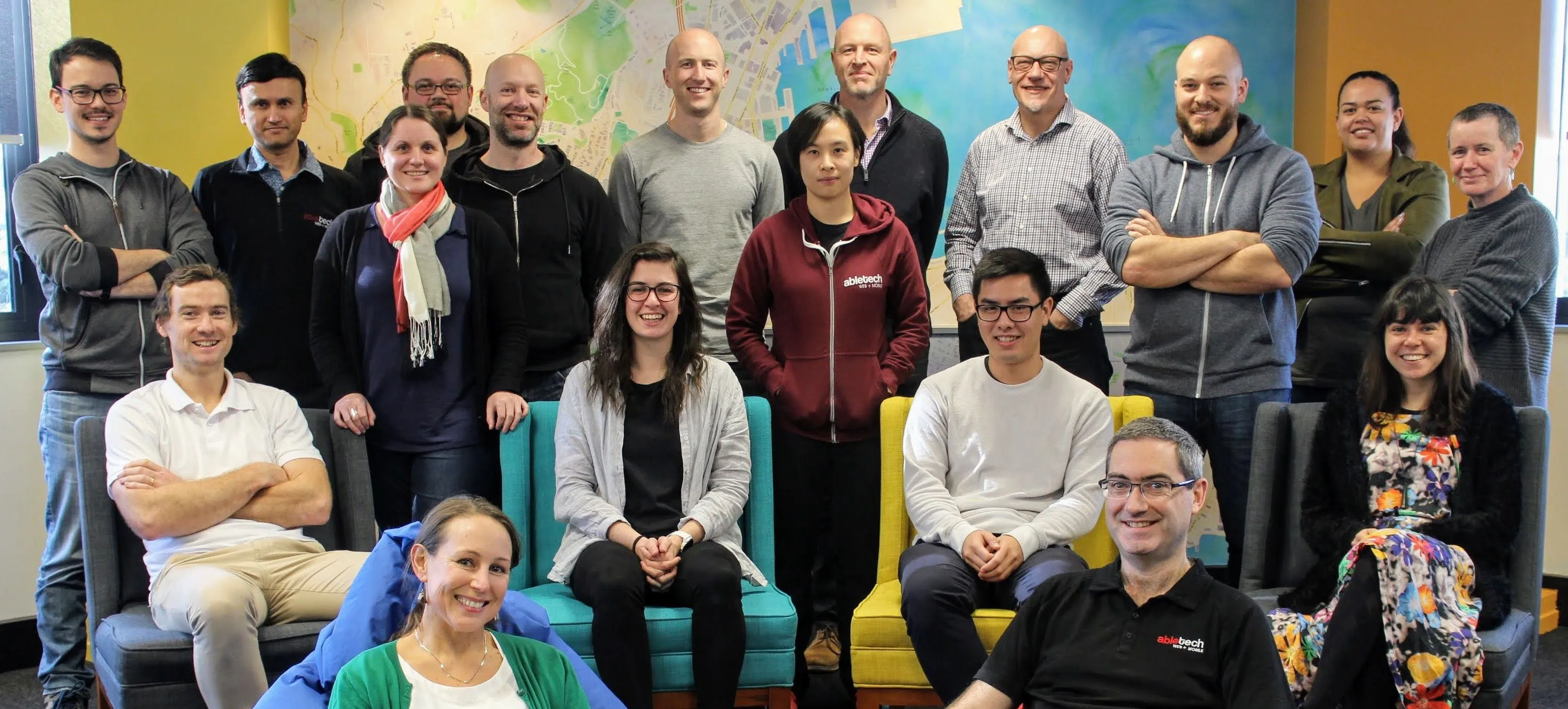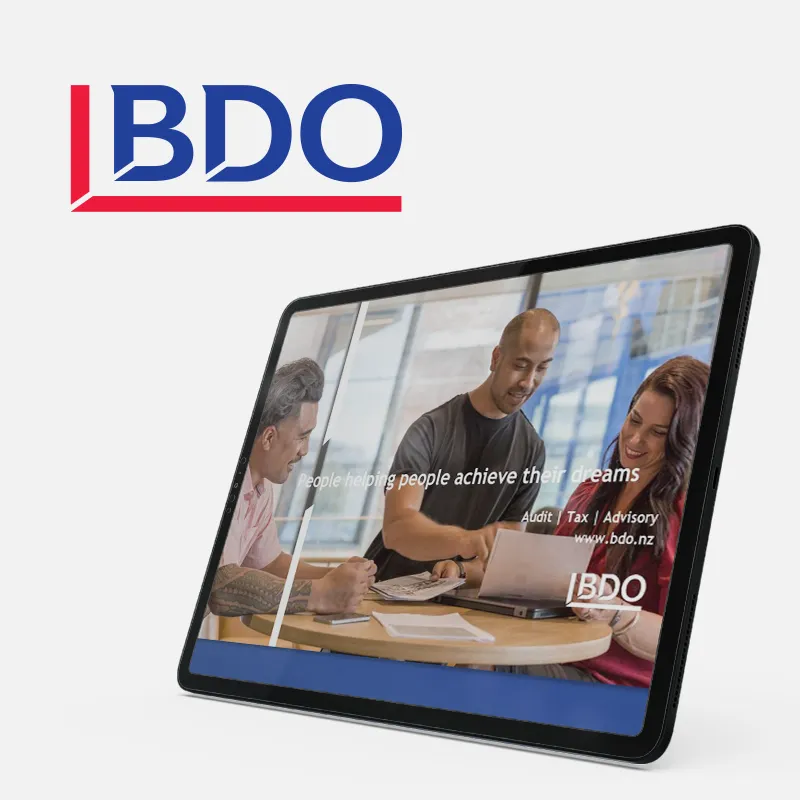Boosting learning for surgeons-to-be

Performance-reporting app for the medical profession
When the technology behind an online training resource for New Zealand’s budding surgeons needed upgrading, Abletech was there to help. Working closely with the training organisation, assessors and trainees, the team developed a smart, tailor-made solution that minimised assessors’ workloads and maximised the trainee learning and feedback experience.
The New Zealand Association of General Surgeons (NZAGS) has a key role in promoting surgical excellence in New Zealand. That includes providing a four-year online training programme for aspiring surgeons on behalf of the Royal Australasian College of Surgeons. The programme is governed by a set of regulations that are occasionally updated to keep pace with changes in education practice and technology.
In 2018, NZAGS contacted Abletech for help with updating its trainee logbook app, called SOLA (Surgical Online Logbook and Assessments), which trainees use to record the surgical procedures they undertake.
The update would involve building a ‘Competencies’ module for SOLA, which would:
- enable trainees to submit their competency work in the form of many ‘micro-assessments’
- enable assessors and trainees to track their progress through the programme
- minimise the burden on assessors’ time and maximise the trainee learning and feedback experience, while also being robust and easy to use.
NZAGS was confident that the project would be in good hands, as Abletech had built and was supporting SOLA.

Collaboration from the start
Recognising that the project’s success would ultimately depend on its useability for assessors and trainees alike, the Abletech team took a User Experience (UX) approach right from the start. This involved:
- developing an initial clickable prototype
- testing it with a group of assessors and trainees, and recording their feedback
- through several rounds of feedback, refining the prototype to the point where a system could be built for testing with ‘real’ users. This early work would help to reduce any potential risks and secure buy-in from the NZAGS team.
This collaborative approach – a hallmark of Abletech’s service – proved a great success, most notably in instilling confidence in the NZAGS team that they’d get the solution they were looking for. They saw the prototype phase as ultimately saving them time and money, and appreciated the momentum generated by the group meetings and the enthusiastic Abletech team.
From test to build to pilot
With the prototype phase complete, a small team of Abletech specialists began building the Competencies module.
Again collaboration was key, with the Abletech and NZAGS teams working together to prioritise the ‘must haves’, ‘should haves’ and ‘could haves’ of each feature. The Abletech team then created user stories for the features, which the developers employed to fine-tune the build and the NZAGS team used for testing with assessors and trainees. This process was punctuated with weekly catch-ups, which provided opportunities to discuss changes, consider improvements, resolve questions and make decisions on next steps.
The ultimate test came in May-July 2021, when the Competencies module was piloted in a few hospitals with a few trainees. The goal was to test its usability in a ‘live’ environment and identify areas requiring changes before it was rolled out.
A project built on skills and mutual respect
Today, the NZAGS SOLA app is successfully helping surgical trainees to submit their competency work and assessors to assess it – and offering all the benefits of speed, accuracy and 24-hour accessibility.
The NZAGS team are delighted with the result and proud of their role in transforming the concept into a successful reality. They’re also pleased that the project costs were less than budgeted; the left-over funds were used to make further tweaks during the pilot programme.
The Abletech way
- Abletech took a UX focused approach by quickly building a prototype of the module that NZAGS could get valuable feedback on fast. This led to changes to the prototype and created a fast feedback loop.
- We took the learnings from the prototype to build the first version of the module and inform decisions on how to implement the functionality.
- The pilot of the application in select hospitals was an excellent way to get real world feedback from users and iron out any issues that came up before rolling out the module to more users.
- NZAGS was able to roll out the module more widely with confidence because they had already proven the effectiveness of the module.
Technologies used in the solution
- Ruby on Rails
- Mysql
- Node.js
- JQuery
- Stimulus
Other sources:
More from Abletech

Keen to know more?
Get in touch today for an obligation free chat!
